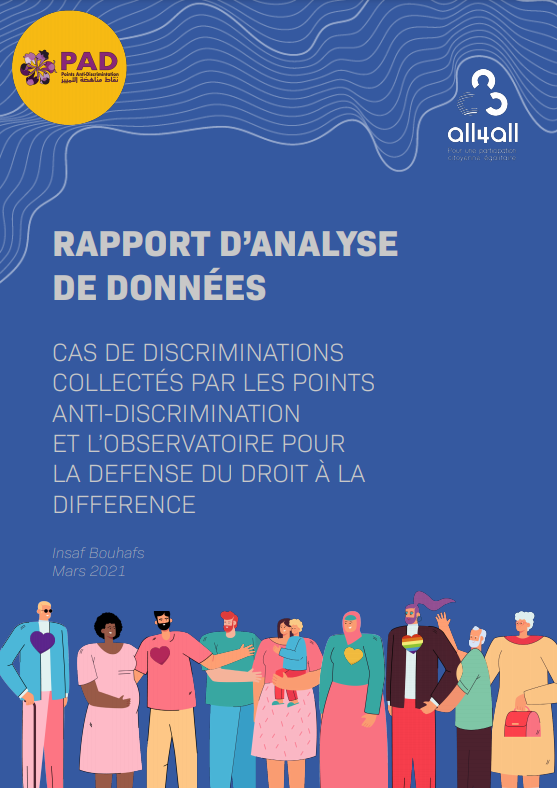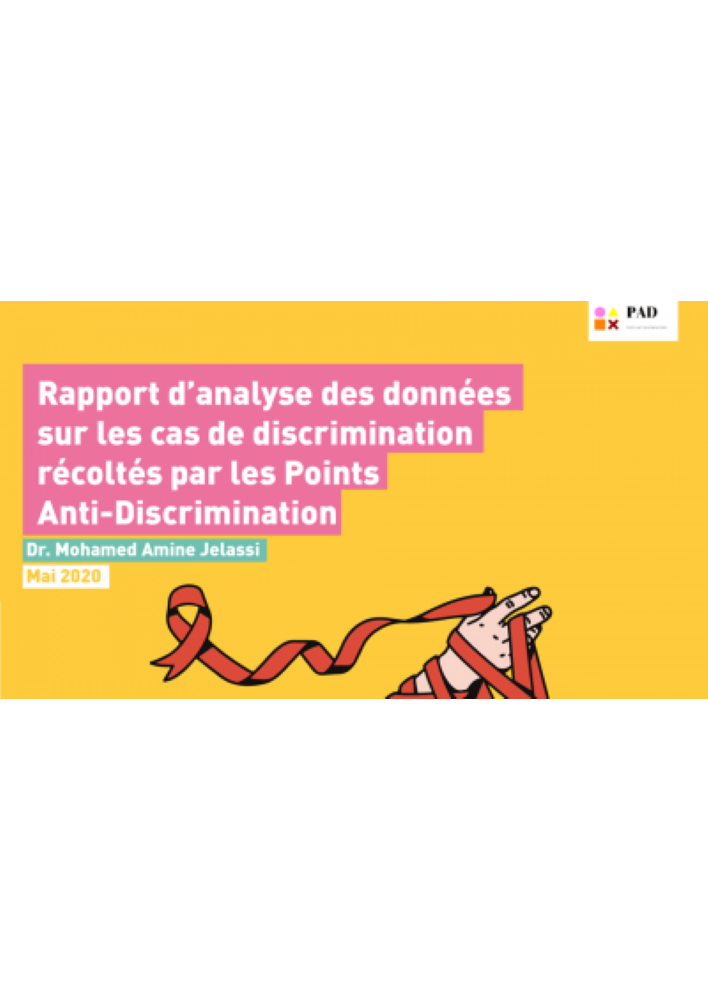
Cas de discriminations collectés par les Points Anti-Discrimination et l’Observatoire pour la Défense du Droit à la Différence
Cette ressource a été produite par le(s) partenaire(s) de MRG. Elle reste la propriété de l’organisation ou des organisations en question et ne reflète pas nécessairement les opinions de MRG.
